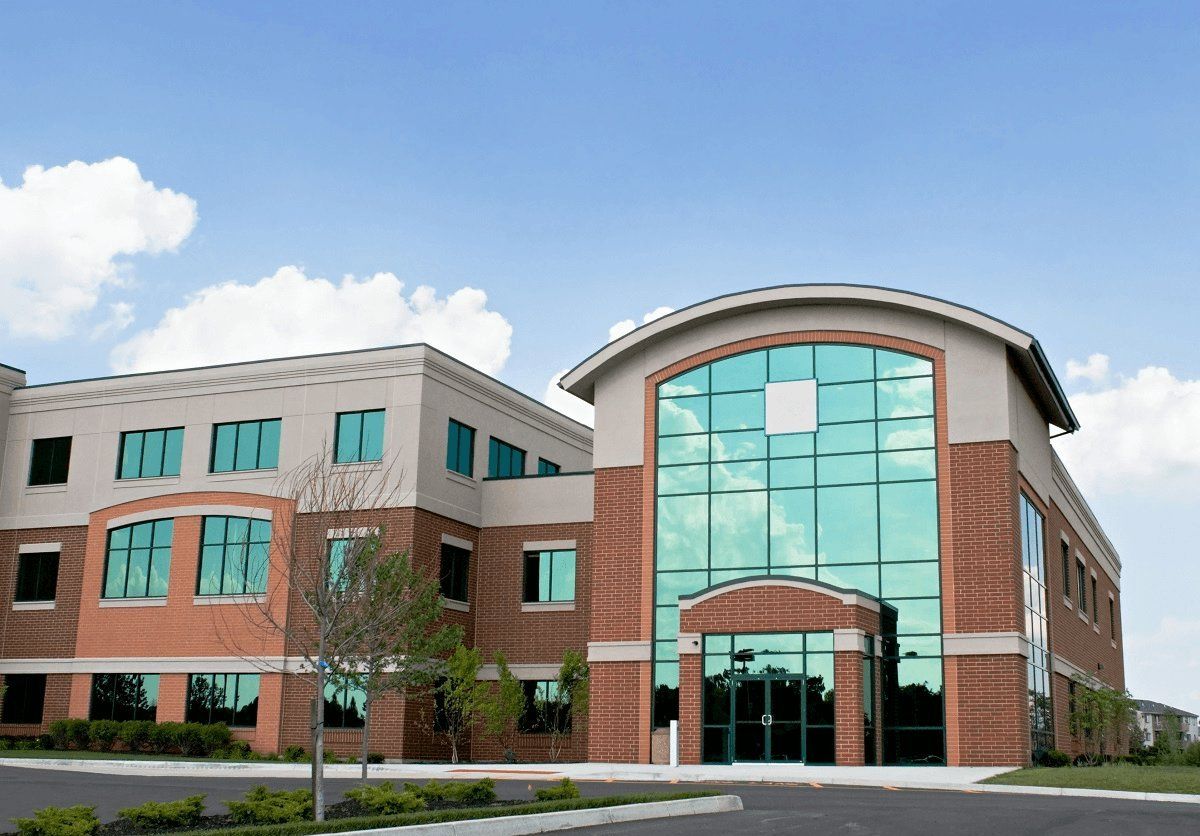Let me take you on a journey that sparked my passion for ethical supply chains. A couple of years ago, I stumbled upon a documentary that revealed the intricate web of global supply chains. It was eye-opening to discover just how many hands contribute to the products we often take for granted in our daily lives. Each item, from raw materials to finished goods, travels through a complex labyrinth of processes that are usually hidden from consumer sight. With every purchase comes a story—a story that isn’t always rosy. This revelation ignited my curiosity about ethical supply chain management and the transformative role of technology.
As I dove deeper into the subject, I realized that ethical supply chains encompass much more than just fair labor practices; they also emphasize sustainability. It’s about ensuring each phase in the journey from creation to consumption adheres to principles of integrity and transparency. This pursuit led me to discover the exciting world of blockchain technology.
The Magic of Blockchain
At first glance, blockchain may sound like a buzzword exclusively for tech enthusiasts, but its real-world applications are genuinely intriguing—especially concerning ethical supply chain management. Essentially, blockchain acts as a decentralized digital ledger, a highly secure method for tracking transactions and ownership without relying on a central authority. This characteristic makes it particularly suited for managing supply chains effectively.
To put it into perspective, imagine a coffee bean making its way from a Colombian farm to your favorite local café. With blockchain, each leg of that journey—from the initial harvest to roasting and packaging—can be meticulously tracked and verified. This means consumers can see exactly where their coffee originates and how it’s produced—ensuring it aligns with ethical standards. That realization truly got my adrenaline pumping!
A Personal Experience with Blockchain in Action
Last summer, I had the privilege of visiting a local brewery that leveraged blockchain technology to sustainably source its ingredients. As I enjoyed a refreshing craft beer, the owner passionately shared how they employed blockchain to trace the origins of their hops and barley. It left me utterly fascinated! I could scan a QR code on the beer label with an app, unveiling the entire supply chain story behind my drink.
What really struck me was the pride that the brewery took in their sourcing practices. They collaborated only with farmers who adhered to ethical standards, supporting local communities and utilizing sustainable agricultural techniques. Thanks to blockchain, this process became not only transparent but also verifiable, fostering trust with their customers. Witnessing this genuine commitment firsthand made me realize that effective use of technology doesn’t merely promote ethical practices—it builds a community of responsible consumers.
Challenges in Implementation and Overcoming Them
Despite the many advantages that blockchain offers, implementing it within supply chains poses several challenges. For starters, the complexity of the technology may be intimidating for those unfamiliar with it. Moreover, achieving collaboration across numerous stakeholders can be an uphill battle, especially when some are resistant to change or hesitant to invest in new technologies. These hurdles can make the transition seem daunting.
However, my journey has taught me that addressing these challenges requires a proactive approach. Education is crucial—informing suppliers, manufacturers, and consumers about the myriad benefits of blockchain technology can demystify its applications. Additionally, establishing partnerships between tech providers and companies can smooth the implementation process. By working together, stakeholders can tackle initial resistance and cultivate a shared vision centered around transparency and ethical practices.
A Vision for the Future
Reflecting on my exploration of ethical supply chains and blockchain technology fills me with optimism for what lies ahead. With an increasing demand for transparency in production processes, it’s clear that businesses ready to embrace this new technological era will lead the charge. By harnessing blockchain, they can not only showcase their commitment to ethical practices but also forge deeper connections with conscientious consumers. Want to know more about the subject covered? Please click the next document, in which you’ll discover additional data and engaging viewpoints to enrich your educational journey.
In conclusion, the synergy between blockchain technology and ethical supply chain management holds immense potential. It creates a landscape where businesses can thrive while consumers can feel assured about their purchases. Witnessing this evolution has been a remarkable experience, and I eagerly anticipate how far this technology can go in transforming our world for the better. Together, technology and ethical practices can pave the way for a brighter, more transparent future for everyone.
Expand your understanding of this article’s topic with the related posts we’ve selected. Discover new information:
Please click the following page
